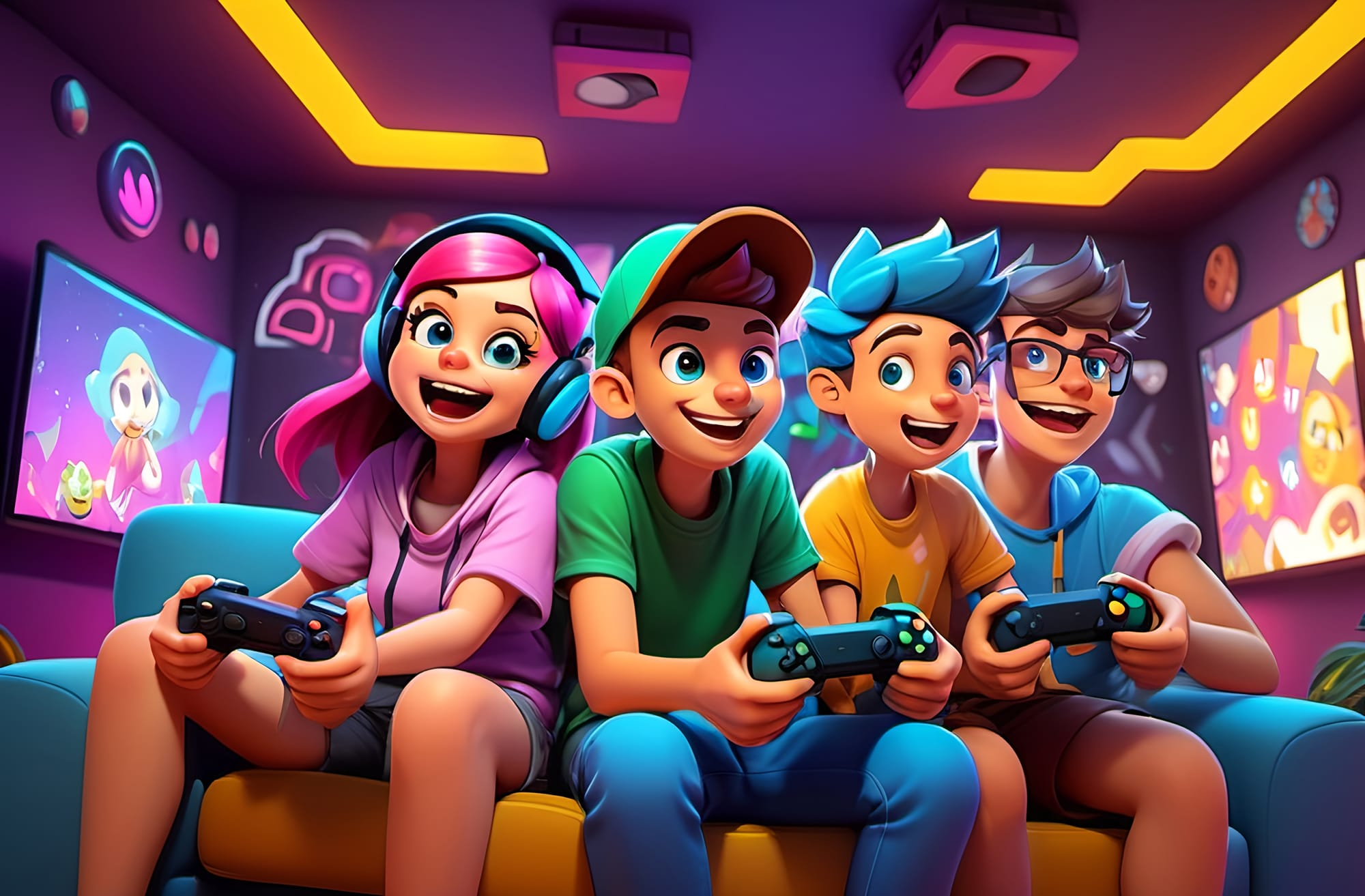My Take on the Gaming Industry's Recent Struggles
Why This Take?
As an avid gamer and someone who's been following the industry for years, I've noticed a troubling trend. It seems like every other week, we're hearing about another game studio shutting down or a highly anticipated title flopping hard. What's going on here? Let's dive into this mess and try to make sense of it all.
The Concord Catastrophe
First up, let's talk about Concord. This game was supposed to be the next big thing from Firewalk Studios, a team backed by Sony. But before it even got a coat of dust on their shelf stock, they pulled the plug. Why? Apparently, the player count during the first two weeks of it being live were so abysmal that they decided to cut their losses.
Now, I'm all for companies being honest about their products, but this feels like a whole new level of yikes. Imagine being so confident in your game that you get Sony on board, only to realize that nobody wants to play it. It's like throwing a party and having only your mom show up (love you, Mom, but that's not the crowd we're aiming for).
The Bigger Picture
But Concord isn't alone in this sinking ship. We've seen a string of high-profile games and studios facing similar fates, and it doesn't seem to be abating anytime soon.
So, what's causing this epidemic of gaming fails? Well, buckle up, because I've got some theories.
- The Curse of Overhype
Hype should be built by players, not only the company or creators. There has been way too much buying of journalists to promote games instead of actually getting the player base on board to like the game.
This overhyping leads to sky-high expectations that the actual games can't possibly meet. When reality hits, it hits hard, and players are left feeling like they've been sold a bill of goods.
It's had a worse impact, though, in that it has pitted players against journalists and companies. The journalists and creators act as shills for the companies, over-promising things because they were paid to do so, and then players waste their hard-earned money on the game.
The players figure out quickly that the games were garbage, but when they say so publicly the companies and journalists decide to attack the players instead of listening to their concerns. As a result, the players stop trusting the companies or the journalists.
Trust like that is difficult to rebuild once lost.
- The Rush to Release
In the age of day-one patches and "games as a service," it seems like some studios have forgotten that first impressions matter. They push out half-baked products, promising to fix them later. But here's the thing: gamers aren't beta testers, and they're getting tired of paying full price for unfinished games.
Players are not the testers for your games, so when you offload your QA to early adopters all you do is convince people to stop being early adopters.
The problem was it saved them a couple of bucks early on and they decided to stick with it long term.
Strategies like this discourage players and break trust, and as we pointed out once you burn trust it is hard to get it back.
- The Copycat Syndrome
Everyone wants to create the next Fortnite or Elden Ring, but in doing so, they forget what made those games special in the first place: originality. We're drowning in a sea of battle royales, souls-likes, and open-world collectathons. It's like walking into a restaurant where every dish is a slightly different version of chicken nuggets. Sometimes, you just want a salad, you know?
Wait, scratch that: who on earth wants to eat a salad?
Sometimes you just want a steak.
- The Disconnect
There's a growing feeling that some game developers are out of touch with what players actually want. They're chasing trends or trying to appeal to everyone, and in the process, they're creating games that appeal to no one. It's like that old saying: "If you try to please everyone, you'll end up pleasing no one." Except in this case, you'll end up with a game that not even your most die-hard fans want to play.
They want so badly to reach the new audience and invite zoomers into their games that they will do anything, including disenfranchising their actual audience to appease the new one. However, this is a huge risk because the only way it works is if the new audience shows up.
However, what ends up happening is that the new audience demands the change, is unwelcoming to the original audience, but doesn't pay for or play the game. As a result, you push one audience out to make room for another, and the other one doesn't show up.
- The Monetization Madness
Look, I get it. Games are expensive to make, and companies need to turn a profit. But when your game feels like it was designed around a monetization strategy rather than, you know, being fun, we've got a problem. It's like going to a theme park where you have to pay extra for each individual ride. Sure, you might make some money in the short term, but don't be surprised when people stop showing up altogether.
Investors are starting to lose faith in the companies involved and are starting to see through the buzz. Games companies went all in for things like My Take on Sweet Baby Inc and reaching the modern audience with buzzwords around DEI, but the problem is that looks great on social media websites and appeals to Gen Z when they watch it on TikTok, but they aren't going to actually buy the game.
So, What's the Solution?
Honestly, if I had all the answers, I'd be running a game studio instead of writing about them. But here's my two cents:
- Focus on Fun: Remember why people play games in the first place? To have fun. Novel concept, I know.
- Listen to Your Players: And I mean really listen, not just nod along while planning your next microtransaction.
- Take Your Time: A delayed game can eventually be good, but a rushed game is forever bad. Who said that? Oh right, Shigeru Miyamoto, the guy who made some of the best games ever. Maybe we should listen to him.
- Be Original: Stop chasing trends and start setting them. Be the chicken salad in a world of nuggets.
- Be Honest: If your game isn't ready, say so. If it's not working out, be upfront about it. Gamers can smell BS from a mile away, and they'll respect honesty more than false promises.
In the end, the gaming industry is going through some growing pains. It's not all doom and gloom – there are still amazing games being made by passionate developers. But if the big studios want to avoid more Concord-style disasters, they might want to take a step back and remember why we all fell in love with gaming in the first place.
Now, if you'll excuse me, I'm off to play some indie games. At least they still remember that games are supposed to be fun.




